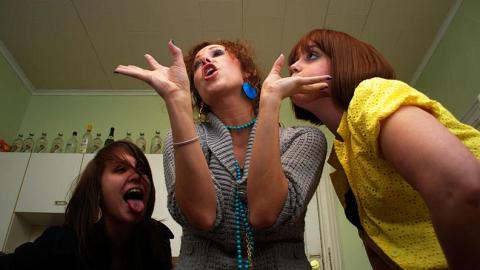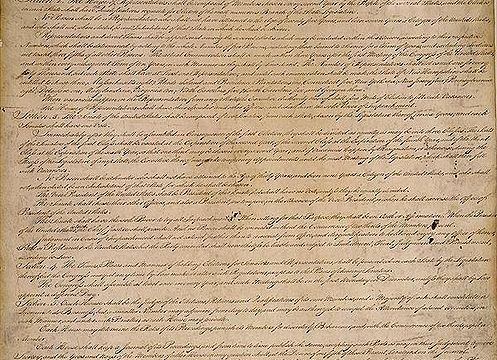Why We Prefer Good Stories Over Truth

What’s the Latest Development?
While human memory stores past experiences, it functions much more dynamically than our technological devices—voice recorders, video cameras, etc.—which are tasked with doing the same. We often remember events differently from how they happened and recent research suggests we are more likely to misremember when there is societal pressure to do so. One study found that individuals were more willing to accept the way a group of people recollected an event than they were to trust their own memory.
What’s the Big Idea?
In the experiment, individuals compared their memory of an event with the group’s memory, not knowing that researchers were presenting them with deliberately false recollections. They deferred to the group’s made up version of events but even when researchers came clean, telling the subjects they had been given intentionally falsified memories, the individuals still claimed to remember the event according to the false recollections they were fed. Researchers speculate that there may be a social function behind our faulty memories.





